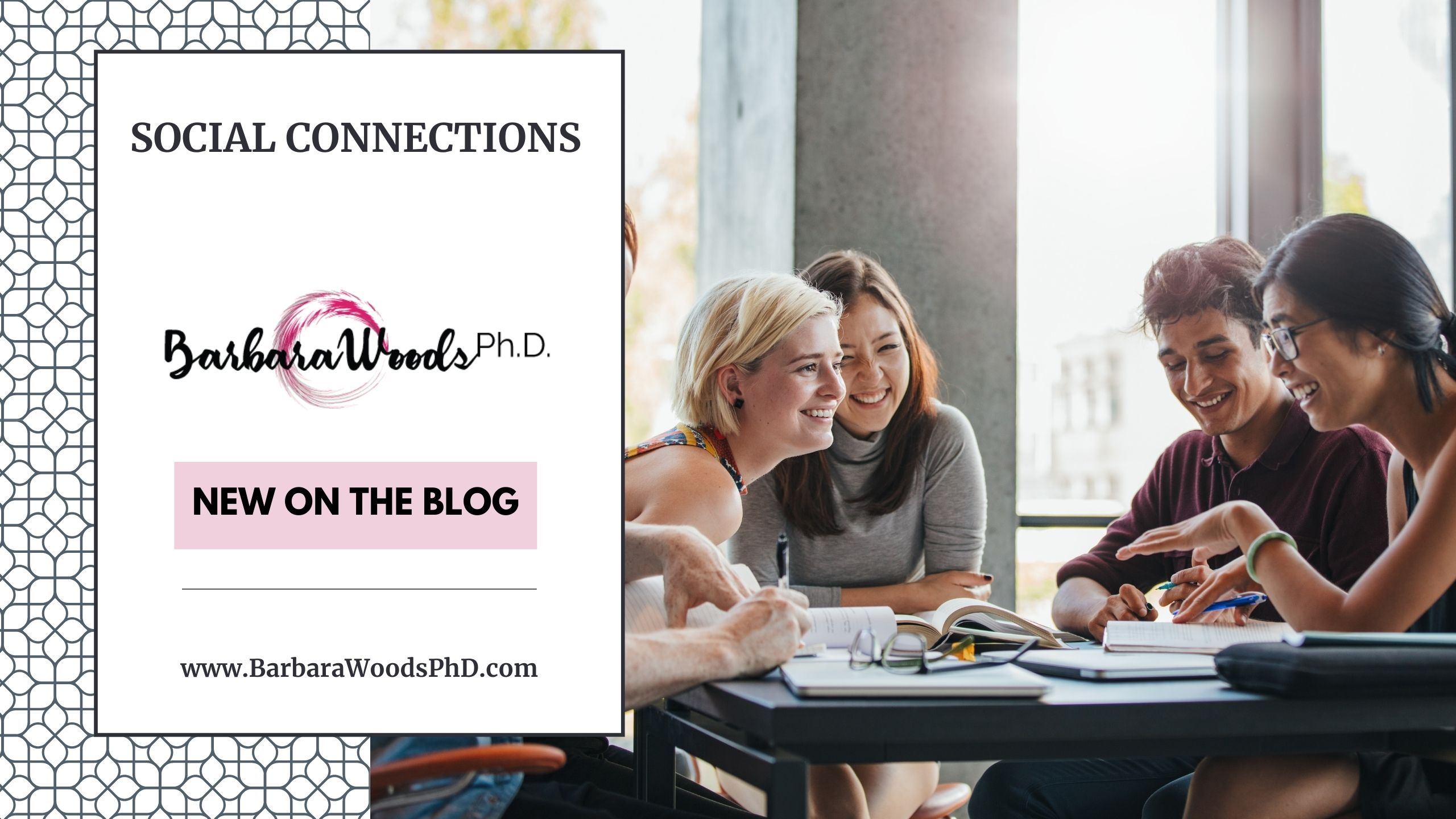
Let's face it...as humans...we are social creatures.
Our relationships are fundamental to our ability to survive and thrive in life.
Social engagement with others is one of the key markers for health and emotional well-being.
On the flip side, isolation and loneliness are related to illness and poor outcomes for both physical and mental health.
When we are connected with others, there is a sense of safety and connection. We aren't alone in our experience and have people that we can turn to in times of need and crisis.
Families that are isolated tend to have greater stressors and more frequent crises. In addition, they are more prone to shut down and emotional distance between members as well.
When individuals and families lack social supports, the world can become a very threatening place. Isolated families are more likely to interpret other people as being dangerous which only perpetuates the lack of connection.
Wait a minute...what about families that are more introverted? What does this mean for them? Social connections aren't only for people who are extroverted. Individuals who are introverted may still seek out social connections but to a lesser degree. This doesn't mean that they aren't as healthy or are at risk for emotional impacts from loneliness or isolation. It just means that they need more down time following social interactions to recharge.
Attending to our social relationships and sense of connection is important for our well-being. Listening to own internal signals and honoring these is important for developing greater resilience.
